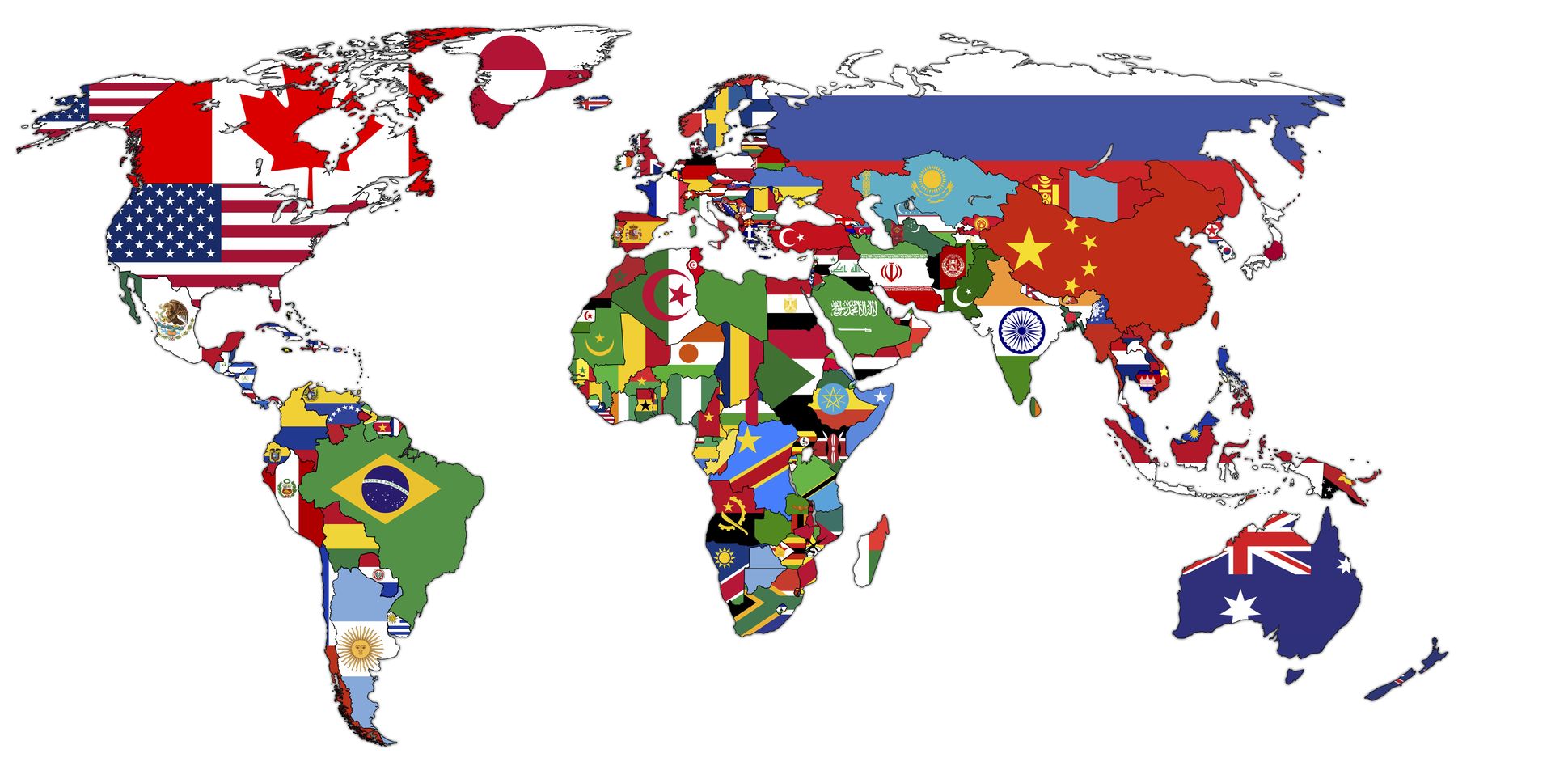English Korean translations

We are experts in English - Korean translation
You can be sure that Cosmolingo will always deliver a professional English - Korean translation.
All our translators are fully qualified and only translate into their native language.
We offer our translation services to anyone who is looking for a translator who not only understands his craft to perfection but is also an excellent writer.
Technical translations include many different branches and it is difficult to find an English - Korean translator who is specialized in aerospace, mining, robotics, agriculture, etc. Generally, translators who have been working for several years have compiled their own glossaries over the years. They also have technical dictionaries and know where to find the information needed to resolve any doubts that may arise. If, even so, they cannot find a solution, we approach the client to solve the problem together.
When translating any text from English - Korean, it is essential for the translation to be checked by a second translator. In this way, we can be sure that the translation is accurate.
The Korean language
Everyone knows the differences that separate the two Koreas, called, respectively, Republic of South Korea and Democratic People’s Republic of North Korea. However, the language is not one of these differences. When we refer to the Korean language, we should first point out that the language spoken in both countries is virtually the same; although geographical patterns have developed around their respective capitals, the differences that separate them are similar to those seen between the Castilian of the Peninsula and the Spanish of Latin America, so communication between the inhabitants is not difficult. As a curiosity, although the inhabitants of Korea have applied names to the language such as «our language» or even «language of the country», it is not only their language. It is spoken by nearly 80 million people throughout the world: in Argentina, Australia, Brazil, Canada, United States, Philippines, Japan, Mexico, United Kingdom, the former Soviet Union and the autonomous region of Yanbian, in China.
Although the origins of Korean are somewhat confusing, the official institutions affirm that it is part of the family of Altaic languages, which includes languages as different as Hungarian and Finnish, thus distancing themselves from those who have tried to establish filial relations with geographically neighboring languages such as Chinese and Japanese (other scholars prefer to consider it an isolated language). What seems certain is that the Korean alphabet has always been intended for use by the common people, so it is comparatively simple. This unprecedented fact, which is extensively documented, justifies its consideration of Cultural Language Heritage of UNESCO.
Today, the economic development and growing interest in the Korean language and culture have led to the creation of various departments and study programs aimed at promoting the dissemination of the same outside its borders.

